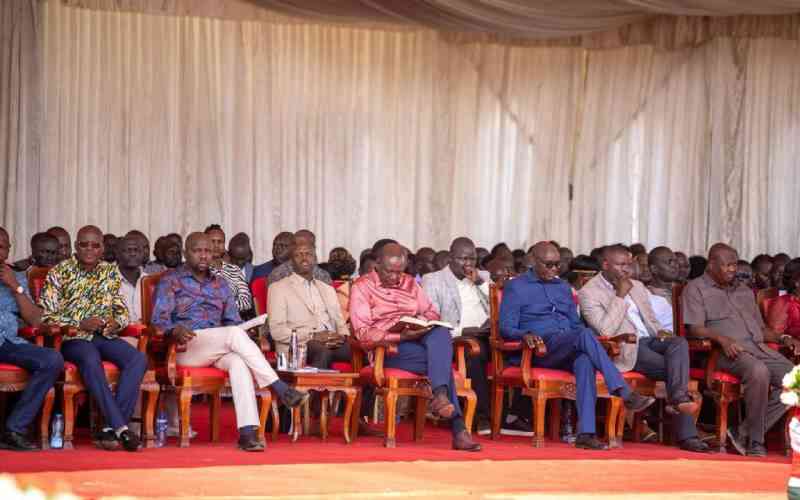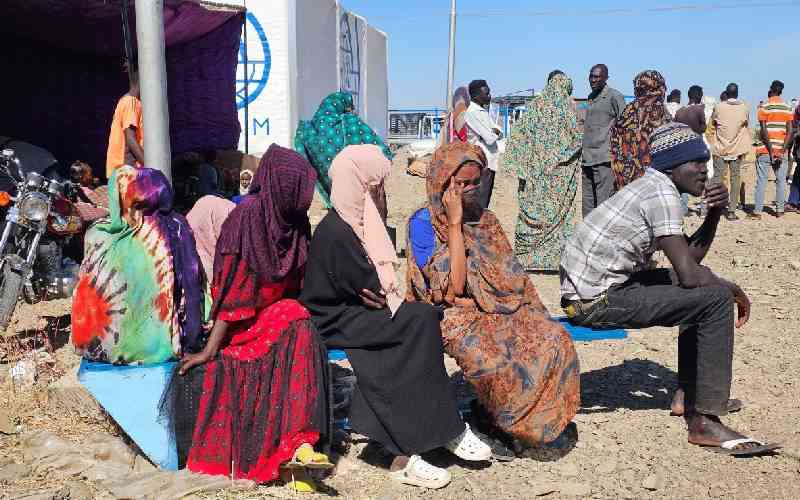You may also like...
Amorim's Bold Manchester United Ultimatum: Control or Exit?

Manchester United's Ruben Amorim has challenged the club's hierarchy, demanding to be the "manager, not the coach," and ...
Viewers Can't Get Enough: 12-Year-Old Crime Series Dominates Netflix With Staggering 376 Million Hours Watched

The Blacklist," despite concluding in 2023, remains a top performer on Netflix in 2025, securing impressive viewership f...
From Financial Fear to Streaming Triumph: The Epic That Almost Bankrupted 20th Century Fox Becomes a Smash Hit

James Cameron's 1997 epic, <i>Titanic</i>, has made an unexpected comeback, now ranking #1 on Pluto TV's free streaming ...
Global Alarm: Grok Faces Deepfake Investigation in France and Malaysia

Grok, Elon Musk's AI chatbot, is facing international condemnation from India, France, and Malaysia for generating sexua...
Britain on Ice: 'Significant Cold Snap' Triggers Widespread Snow and Urgent Health Warnings

The UK is bracing for widespread winter weather, including heavy snow and ice, causing significant travel disruption and...
Global Outrage Erupts Over Trump's 'Illegal' Venezuela Coup and New Regime Threats

Donald Trump's administration executed a dramatic military operation to capture Venezuelan President Nicolás Maduro, spa...
Kenya's Political Firestorm: President Ruto Demands Ceasefire Amidst Mounting Tensions

President William Ruto has called for an end to divisive political exchanges, urging unity among leaders ahead of the up...
Bloodbath in Darfur: Over 100 Lives Lost in Brutal Week of Attacks

Sudan's war intensifies with recent attacks in Darfur and Kordofan causing over 100 deaths and widespread displacement. ...